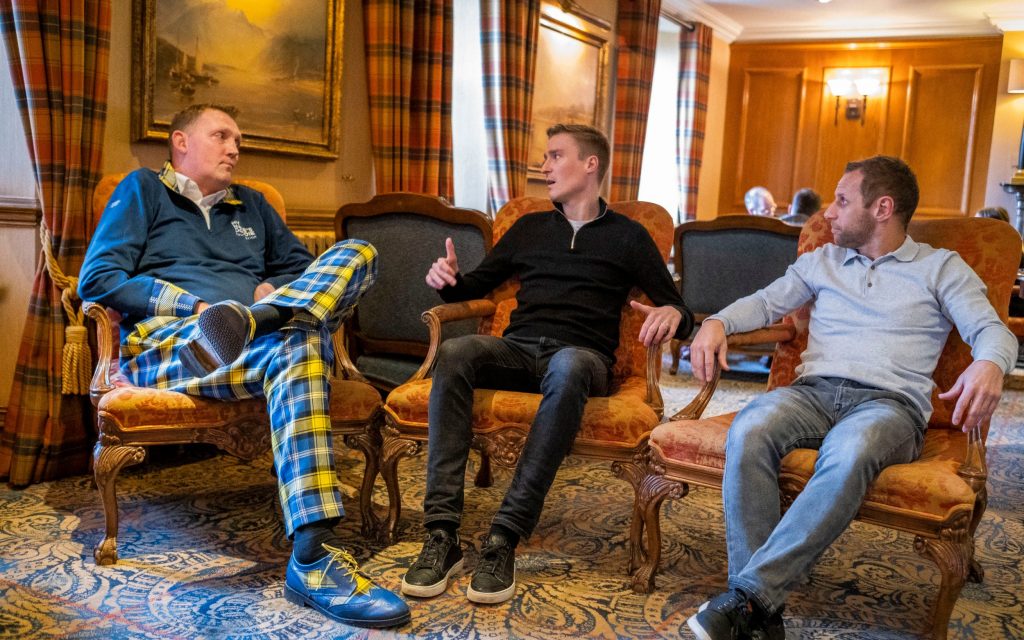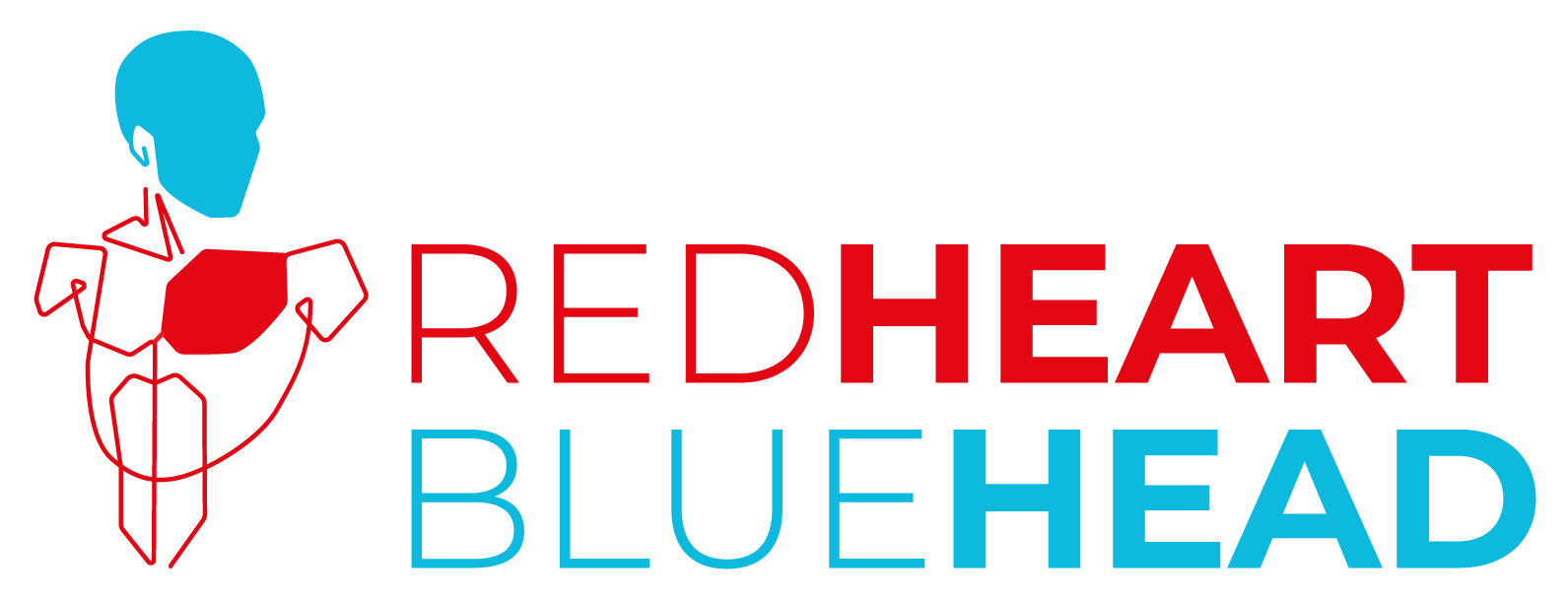Why Super-tribes are the way forward

Super-tribes: Rob Burrow, Doddie Weir and Stephen Darby. Photograph from the Daily Telegraph
Maximise your skills
We are often encouraged to be self-sufficient and ‘independent’, but in truth we can’t do everything on our own. None of us has all of the skills, resources, experience or time that we need to function alone in the modern world. We all need help of some kind. Not everyone is strong enough to ask for it. Not everyone is kind enough to offer it either. But we all need it nonetheless. Working together offers us a bigger pool of skills, resources and time, as well as a sense of social belonging. Why wouldn’t we choose to work together?
We just need to find people with a shared mission and shared values. Then we can build a tribe of people to deliver those shared goals. These can come from family (which is often our closest tribe), work colleagues (another kind of tribe) and friends (more tribes). Or it can be any of the groups that we’re a part of, based on our passions, interests and beliefs. Find the right tribe or create one. Just don’t stay in a tribe that undermines your mission or your values.
Super-tribes
Above tribes, there is a higher level of operating. That’s where two or more tribes come together to deliver a shared mission, as one. I call these Super-tribes. United in a joint endeavour, different tribes can form a permanent or temporary Super-tribe to create mutual wins for them all. That can be the time it takes to complete a joint-project, or a long-term partnership.
The MND Super-tribe
Motor Neurone Disease is a cruel and degenerative disease. This year, the MND Association’s profile and fundraising have been boosted by Super-tribe activity in the world of sport.
When former Leeds Rhinos and England rugby league player Rob Burrow, was diagnosed with MND, his teammates were quick to rally round. In December 2020, Kevin Sinfield ran 7 marathons in 7 days, all under 4 hours, raising over £2.5 million. Other former Leeds Rhinos’ players including Barrie McDermott and Jamie Peacock made great efforts to help their former teammate. The Leeds Rhinos tribe is very strong, even in retirement.
The support for Rob didn’t end with just his team. Help followed from the players, coaches, owners and supporters across the whole of rugby league, creating a Super-tribe that brought the sport together. Oliver Holmes, from arch-rivals Castleford Tigers, got on his bike and raised over £20,000. The owner of Leigh Centurions, Derek Beaumont, donated £1,000 for each marathon. Thousands more members of the rugby league family raised money for MND. They all came together to help one of their own.
Super-tribe thinking is about driving shared action. So why limit the fight to one sport? Rob has now teamed up with fellow sufferers Doddie Weir (Scotland, Rugby Union) and Stephen Darby (Bradford and Bolton, Football) to create a higher-level Super-tribe against MND. Instead of battling the disease alone, all three of them now have help from their tribes and Super-tribes. Together they are taking the battle to MND. Strong support within BBC has added another member to this growing Super-tribe.
Super-tribes win more
The more tribes that join the fight, the more chance it will be won. Tribes are powerful, but Super-tribes offer Super-power. They are capable of enormous positive change. They are definitely the way forward. Creating a team from different tribes can be hard work, but when big action is needed, it’s time to assemble a big team.
Rob, Doddie and Stephen are doing magnificent work to help other people with MND. That is wonderful, brave and selfless. And in turn, other people are doing the same for them. Together we are stronger; and that’s bad news for diseases like MND.
